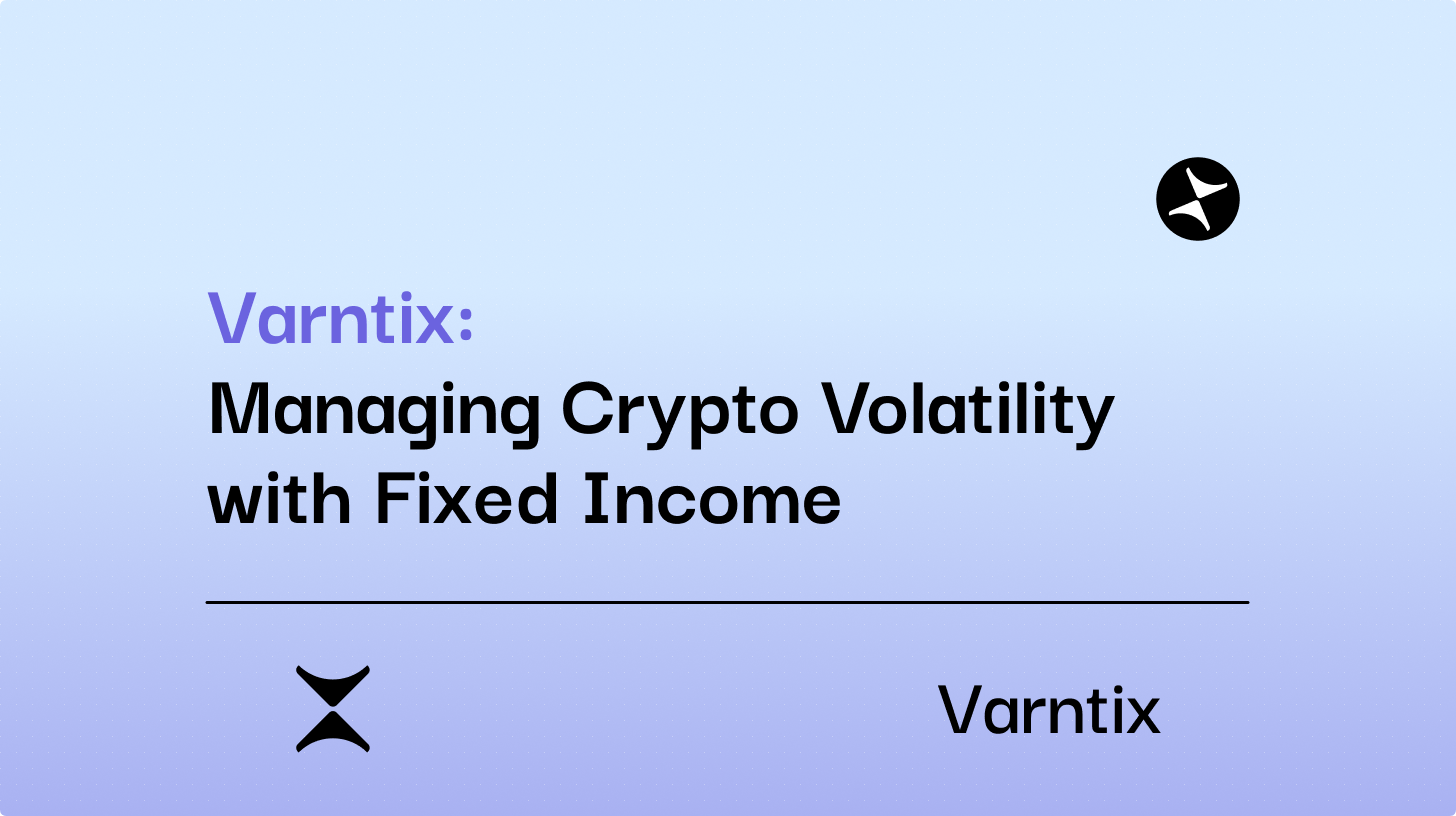Table of Contents
- Quick Overview - Digital Accounting Tokens
- Defining an Accounting Token
- Characteristics of Accounting Tokens
- 1. Ownership and Access Rights Management
- 2. Ensuring Transparency
- 3. Creation of Auditable Records
- 4. Programmable Flexibility
- 5. Seamless Interoperability
- Applications of Accounting Tokens
- 1. In the Realm of Cryptocurrencies
- 2. Managing Supply Chains
- 3. Protecting Intellectual Property
- 4. Real Estate Ownership
- 5. Facilitating Voting and Governance
- Final Thoughts









